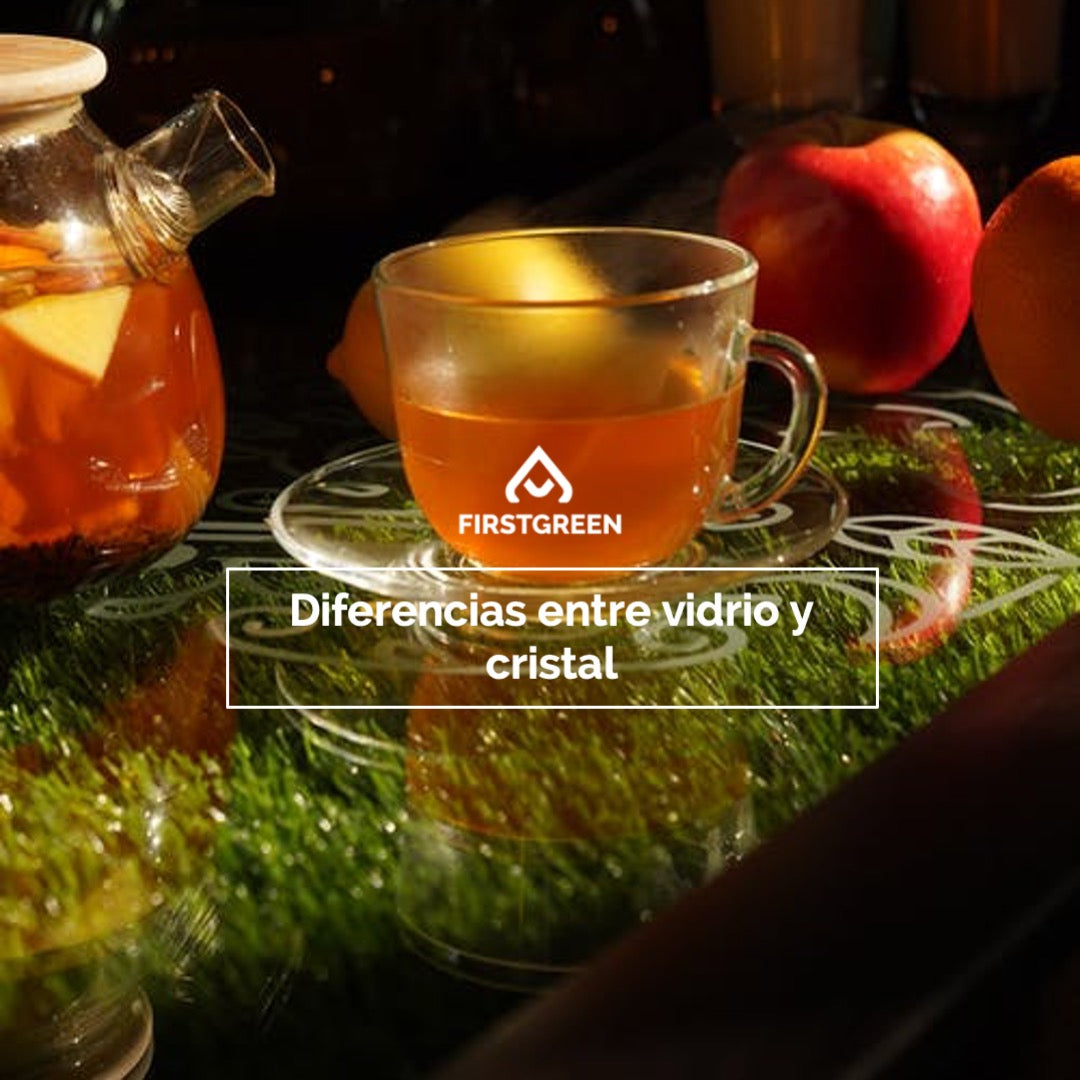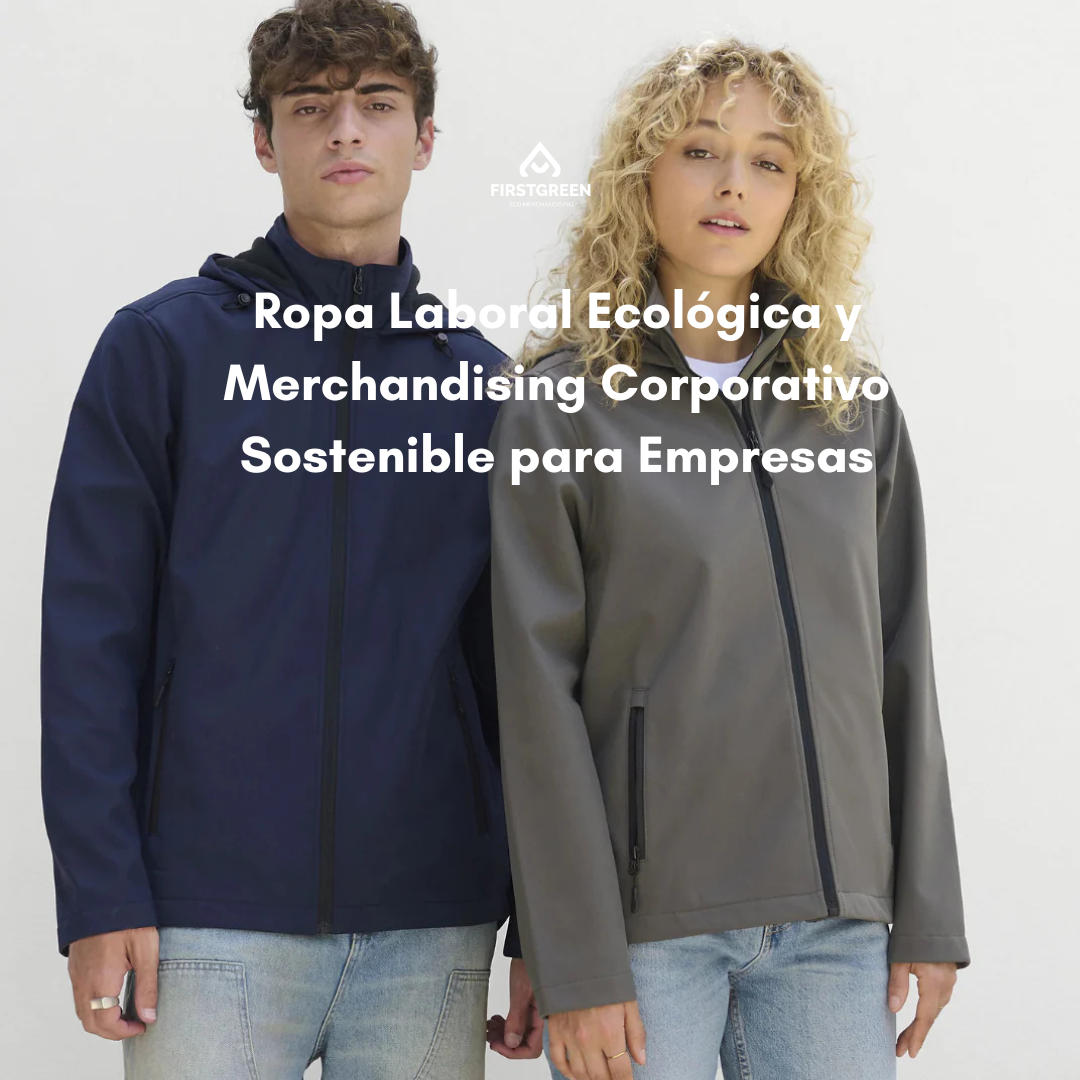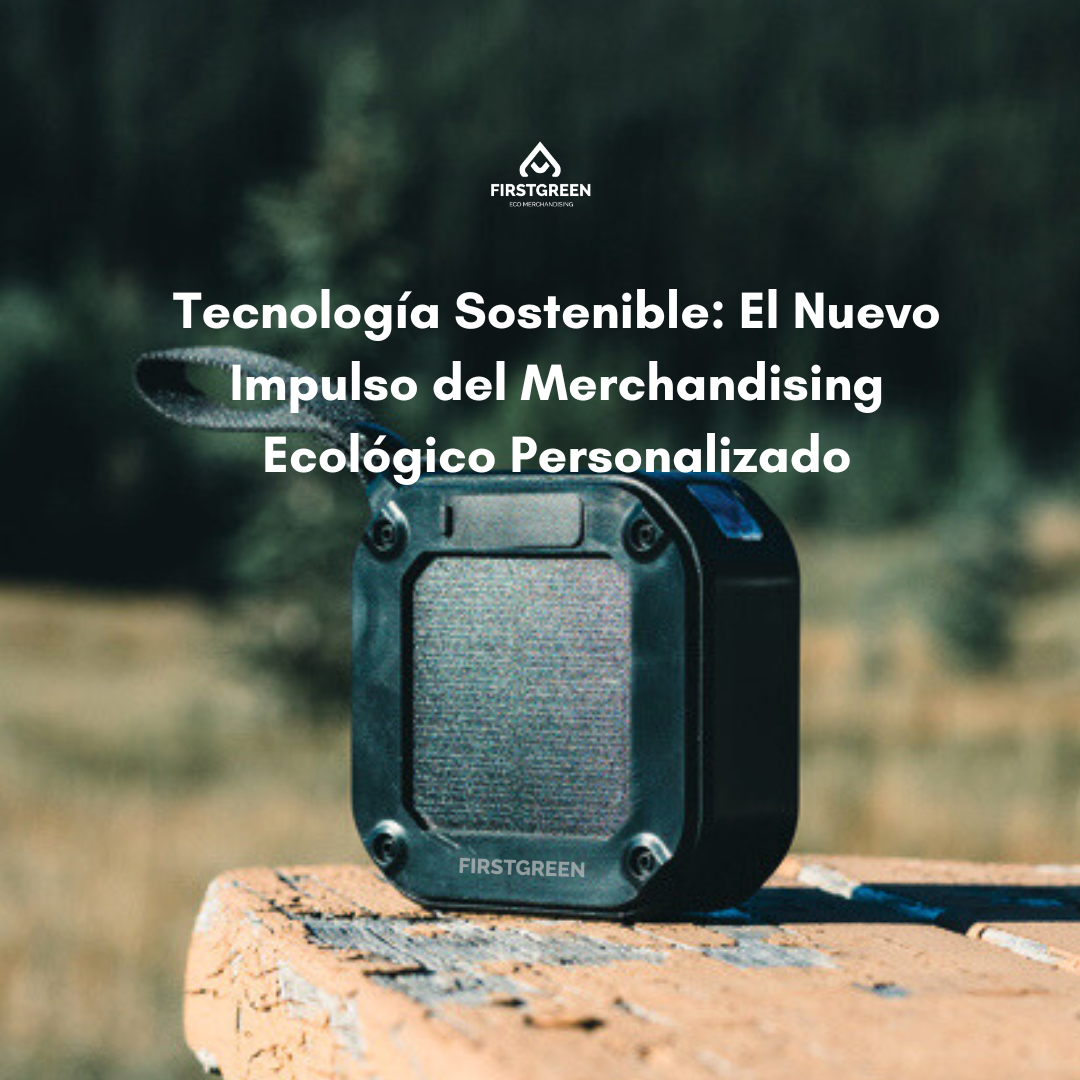Reusing glass bottles is something that has been done since glass was invented and in the sector of personalized ecological promotional gifts, recycling this natural resource as a way of promoting a sustainable and circular economy occupies priority places in demand and consumption for companies that demand for their brand the added value of environmental protection that an ecological product offers.
Glass and crystal are ecological and sustainable materials widely used in the promotional gifts sector for personalization.
It is difficult to find differences between glass and crystal with the naked eye, but these exist in their atomic composition.
Glass is a hard, fragile, transparent and amorphous inorganic ceramic material composed of the fusion at 1500º C of silica sand, sodium carbonate and limestone, it is recycled in the green igloo container without caps.
Crystal , in addition to the above, includes lead oxide that gives the sound, shine and transparency characteristic of crystal, popularly used in decorative objects, is recycled in the grey container with non-recyclable materials because lead oxide melts at a different temperature than glass.
Origin
Although in its origins (around 1500 BC) it was used to make decorative objects, its use in food preservation, along with ceramics , has been fundamental for the development of human beings and the advancement of civilization.
Discoveries such as optical glass were the starting point for scientific advances such as the development of telescopes.
Applications of glass in cutting-edge technologies such as laser, solar, telecommunications, biomedicine or astrophysics.
Fundamental in artistic trends , as was the case with Venetian blown glass or Gothic stained glass, and in architectural uses , glass for windows has been used since the 1st century AD.
Benefits of glass as a material
The properties of glass are very beneficial for use, manufacturing and recycling because
1.- It is inert , so it does not react to physical or chemical exposure to its contents (drinks, medicines, food) or to the environment, so it is reusable.
2. -It is aseptic , so it does not affect the taste or smell of its contents.
3.- Heat resistant , does not suffer corrosion or environmental oxidation.
4.- At this time, it is its property of being 100% recyclable that can be considered the most beneficial and, as with aluminum, its life is unlimited since it does not lose quality in the process.
These properties make it a safe, reliable and sustainable material , very suitable to be found in one of the collections that the company in the personalized promotional gifts sector FIRSTGREEN dedicates to sustainable and ecological materials.
In the corporate gifts sector there are crystal and glass items for decorative use such as candles , diffusers or glass bottles .

But it is in the food sector where it is the protagonist, due to its hermetic and hygienic qualities.
Items such as sustainable glass lunch boxes to personalise, free of BPA (substances that modify the behaviour of your body's hormones) and sports bottles , or thermal bottles to take to the office.

Cups and teapots that are combined with materials such as cork, silicone or bamboo to facilitate their use at high temperatures.

Glass as an example of circular economy
All these properties make glass and crystal a great example of sustainability and circular economy, maintaining the same resources within a closed circuit, generating in turn
1- Environmental benefits- Saving raw materials and preserving the environment as it avoids
- The extraction of new resources that degrade the soil, 1 kg of cullet (crushed recycled glass), saves 1.2 kg of virgin materials and is a result of these savings.
- It saves resources, saves energy by reducing greenhouse emissions.
- Improves air and water quality.
- Prevent waste from ending up in landfills (1)
2.- Creation of wealth and employment
Glass as an example of sustainable development and circular economy promotes the care of an environmental and economic future , since the change from a linear to a circular economy generates the creation of local, direct, indirect and induced jobs (each job in the sector generates 1.7 indirect or induced jobs).
The glass sector in Spain is also important for local development, as 90% of its raw materials are local, which boosts the economy of the area and reduces the impact associated with transport in the form of CO2.
There are many companies that want to be part of the change by using ecological products that help their business grow within the circular and sustainable economy that allows us to stop climate change.
“We cannot change the consumption-based economy, but we can change the resources we use and the way we make our products.”
Because success lies in differentiation. FIRSTGREEN, an eco-merchandising advertising products company, offers you a wide variety of items to personalize that allow you to differentiate your brand, add value to the recipient, work with high-quality, environmentally friendly products, and capture your company's corporate image in this item.



